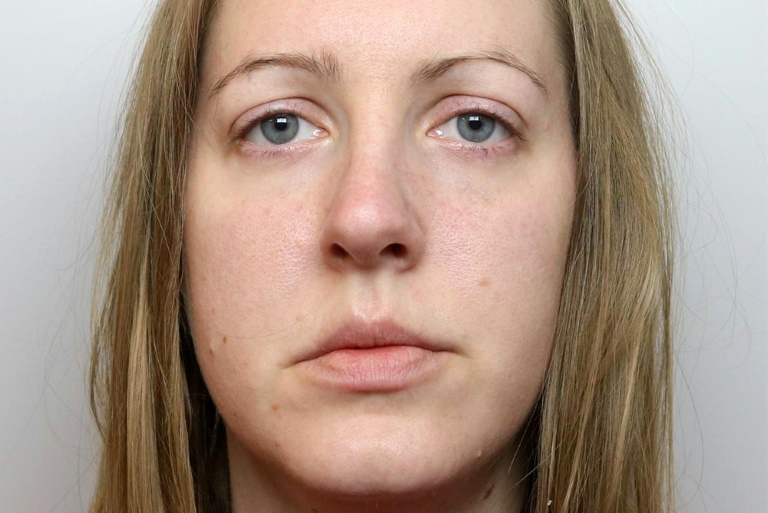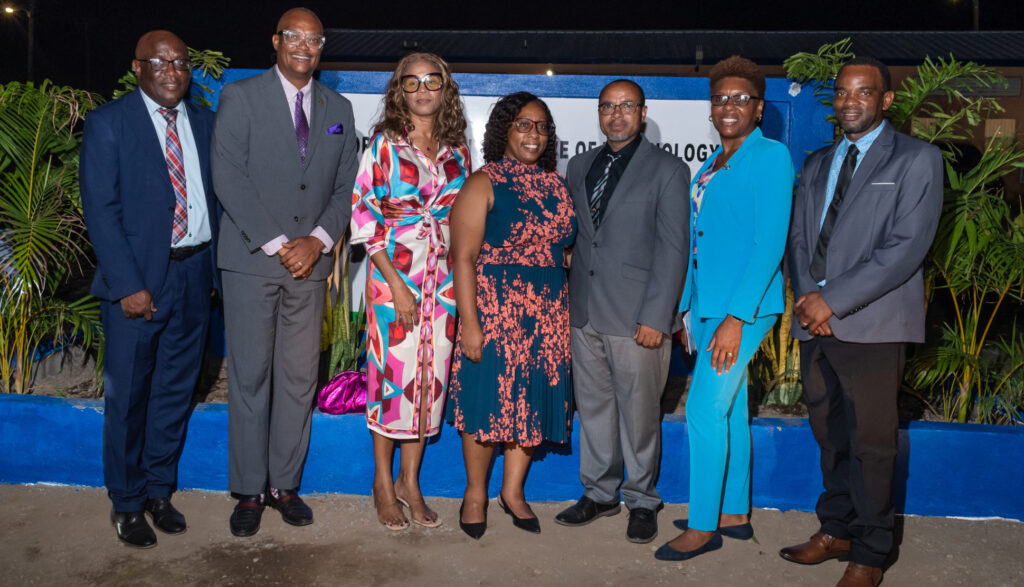Former Neonatal Nurse Receives Life Sentence for Murder of Seven Infants
Lucy Letby, a former neonatal nurse at the Countess of Chester Hospital in northwest England, has been sentenced to a whole-life order, the most severe punishment possible under British law, for the murder of seven babies and the attempted murder of six others. Her crimes, committed between June 2015 and June 2016, involved injecting babies with air, poisoning them with insulin, and force-feeding them milk. Letby refused to appear in court for sentencing, further compounding the anguish of the grieving families. Justice James Goss, presiding over the case, described Letby’s actions as demonstrating “a deep malevolence bordering on sadism,” noting her complete lack of remorse and chilling denial of responsibility. The judge imposed the whole-life order due to the exceptional circumstances of the case, including the sheer number of victims and the egregious breach of trust inherent in a nurse preying on the most vulnerable infants under her care.
Letby’s trial spanned ten months, culminating in a guilty verdict after 22 days of jury deliberation. The prosecution detailed how Letby exploited the vulnerabilities of the newborns and the anxieties of their parents, becoming a “constant malevolent presence” in the neonatal unit. She employed insidious methods to harm the babies, making detection difficult, and went so far as to convince colleagues that the collapses and deaths were within the realm of normal occurrences. After committing her heinous acts, Letby sometimes engaged in disturbing behaviors, such as feigning grief, creating keepsakes for the bereaved parents, and even bathing and dressing the bodies of her victims for burial. The impact of her crimes has been devastating, leaving families shattered and struggling to comprehend the sheer cruelty inflicted upon their children.
The victims, identified only by letters to protect their anonymity, represent a catalogue of unimaginable loss. The court heard heartbreaking testimonies from parents recounting the trauma of losing their children, many of whom had been long awaited and deeply cherished. The mother of Child I spoke of her daughter being “tortured till she had no fight left,” while the mother of twins, Child E and Child F, expressed the agonizing regret of allowing Letby to bathe and dress her deceased son, a gesture now forever tainted by the knowledge of the nurse’s true nature. The parents of triplets, two of whom perished at Letby’s hands, described the utter devastation and the enduring hatred they feel towards the woman who irrevocably shattered their lives. Another mother, whose twin son was murdered, spoke of the constant guilt she carries for letting her guard down, allowing Letby to attack her surviving daughter.
The judge acknowledged the profound mystery surrounding Letby’s motivations, though several parents offered their own theories during their impact statements. Some suggested she played God, relishing the power over life and death; others believed she craved attention, drama, and sympathy; still others posited that she sought a twisted form of notoriety. Regardless of her motivations, the consequences of her actions are undeniable and irreversible. The prosecutor, Nicholas Johnson, argued for the whole-life tariff due to the premeditated nature of the crimes and the demonstrable sadistic conduct exhibited by Letby. The defense offered no mitigating factors, simply stating Letby maintained her innocence. The judge’s sentencing reflects the severity of the crimes and the absence of any redeeming qualities in the defendant.
Letby’s refusal to attend her sentencing hearing sparked widespread outrage and calls for legal reform. Her absence deprived the victims’ families of the opportunity to directly address her and express the full extent of their grief and anger. Prime Minister Rishi Sunak condemned Letby’s cowardice and vowed to introduce legislation requiring convicts to be present for their sentencing, ensuring they hear the impact of their crimes firsthand. The case has also prompted an independent inquiry into the events at the Countess of Chester Hospital, focusing on the response of staff and management to the alarming increase in neonatal deaths. There are mounting calls for a more formal, judge-led inquiry with the power to compel testimony, which could shed light on potential systemic failures that allowed Letby’s crimes to continue unchecked.
The trial revealed that concerns about Letby had been raised by senior doctors as early as October 2015. Dr. Stephen Brearey, the head consultant at the hospital’s neonatal unit, publicly stated that lives could have been saved if management had acted swiftly and decisively upon the doctors’ concerns. Letby was eventually removed from front-line duties in June 2016 and arrested two years later. During the police investigation, incriminating evidence was uncovered, including hospital records Letby had taken home, extensive online searches about the victims’ families, and a handwritten note in which she confessed to the murders, describing herself as a “horrible evil person.” The note provided chilling confirmation of Letby’s guilt and a disturbing glimpse into her psyche. The case of Lucy Letby stands as a stark reminder of the darkest depths of human depravity and the devastating consequences of unchecked evil. The families left behind must now grapple with the unimaginable grief and seek justice for their lost loved ones.
Share this content:












Post Comment